General How can we implement food forests within an agricultural context?
Food forests are an inspiring and innovative business model. To inspire farmers and growers, a two-year exploratory study was performed within the Operational Group 'FoodForward'. Coordinator ILVO joined forces with HOGENT, BOS+, Food Forest Institute and a number of food forest farmers, Forest Farm, Eetbos Deinze, De Woudezel and Het Polderveld, to explore the broad concept of food forests. These pioneers helped identify successes and best practices, as well as the bottlenecks and possible opportunities. The farm tours brought many interested farmers, citizens and policy makers into contact with this food production system.
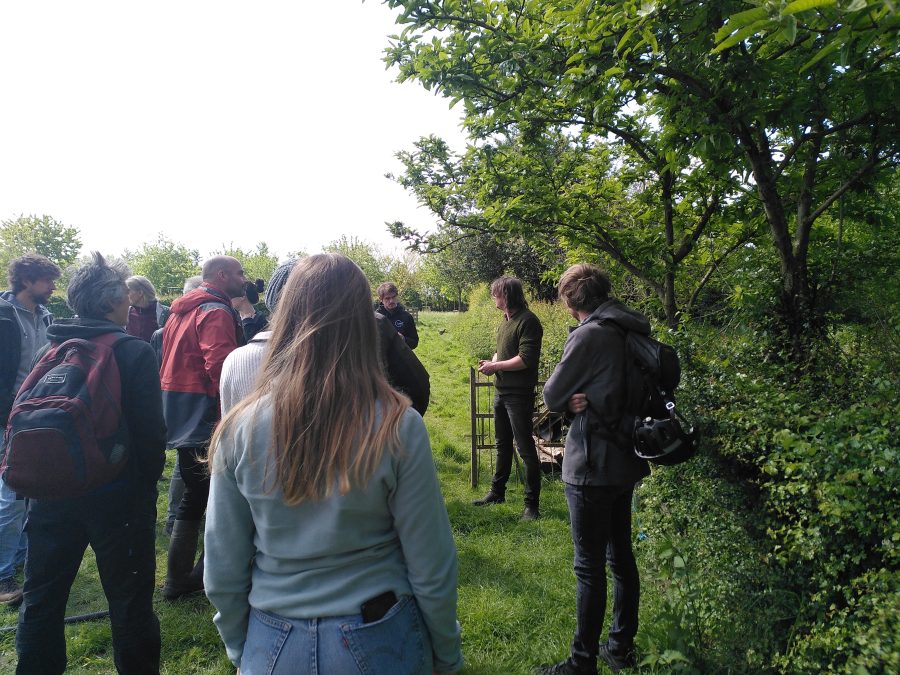
Food forest systems, still a niche in Flanders, are particularly valuable because they operate at the interface between agriculture and nature. Nowadays these two seem to be diametrically opposed, but in reality they are inseparable and both can offer a perspective on the challenges being faced by the Flemish agricultural sector. One goal of this project was to inspire the entire agricultural sector by showing how food forests can be a sustainable approach to farming that features perennial plant combinations, minimal inputs and soil tillage, closed cycles, etc. in combination with economic structures such as short chain sales and a digital marketplace.
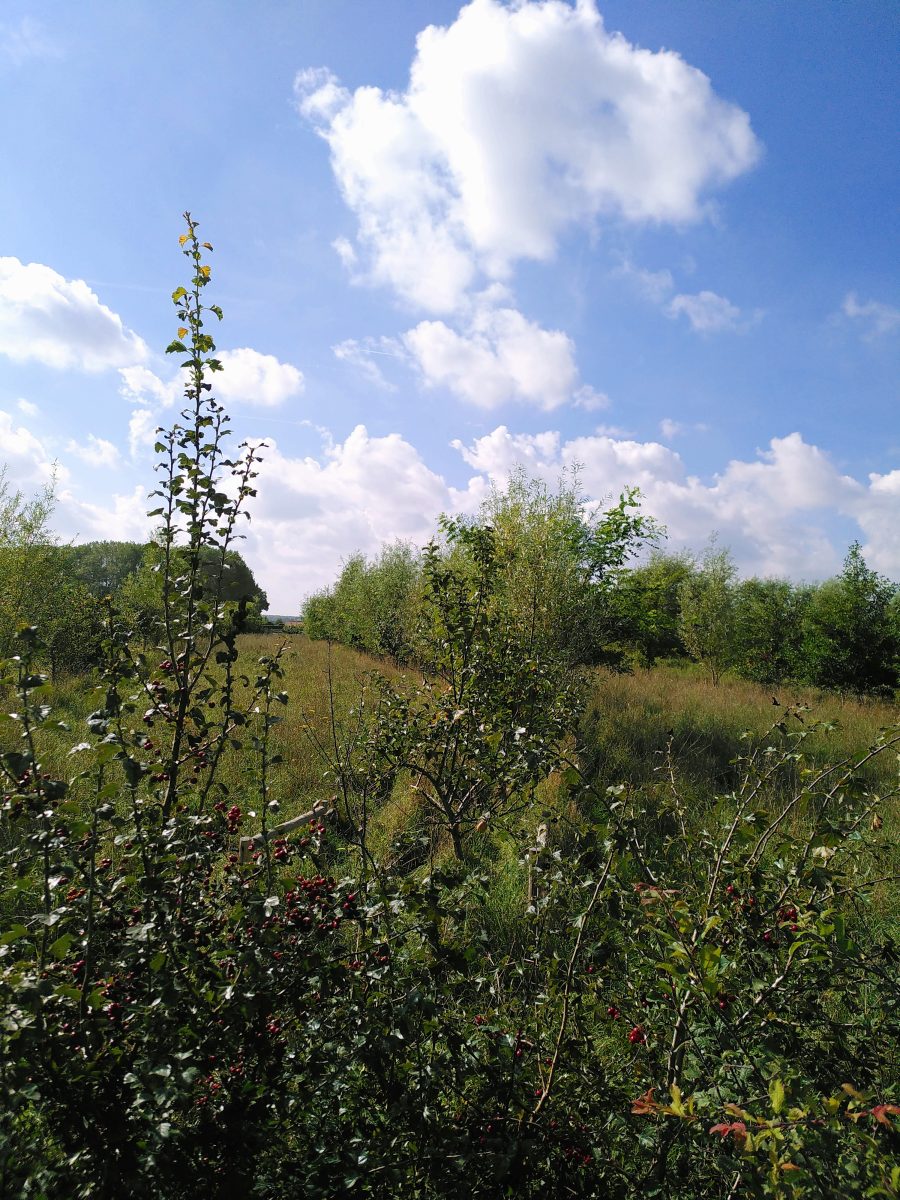
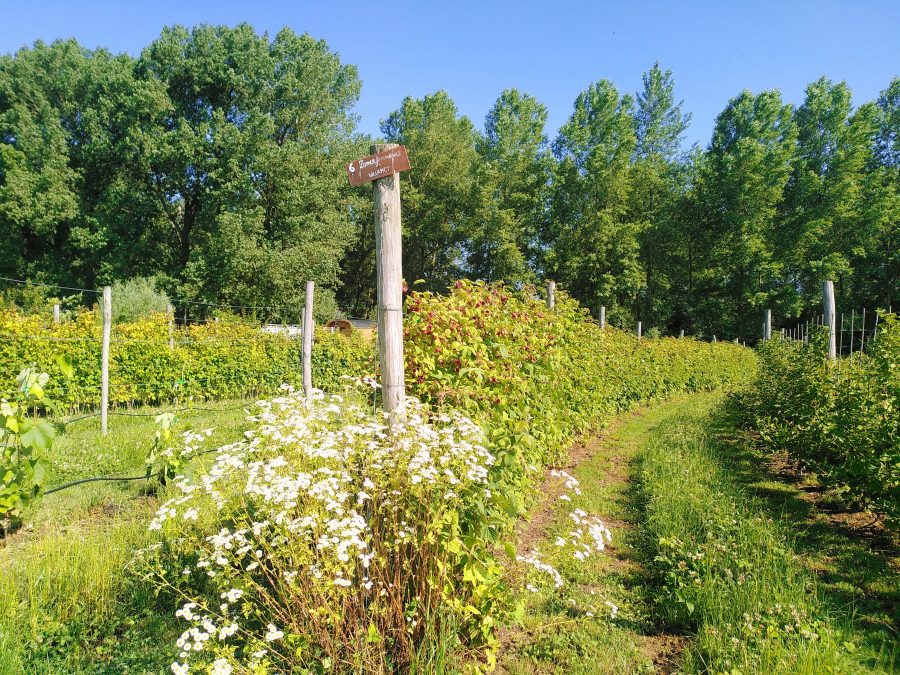
This partnership resulted in the document entitled "A roadmap for food forests in Flemish agriculture” (in Dutch). The goal of this roadmap was to normalize the idea of a food forest by illustrating how, in addition to food production alone, this system can be a sustainable and resilient alternative business model. Food forests also offer numerous other ecosystem services, such as the human experience of nature, biodiversity, carbon storage, water retention, cooling, etc.
The roadmap offers practical support to farmers – who do or do not currently have a food forest - regarding the construction and management of a food forest system.
We want to inspire the entire sector by showing that food forest systems can be ‘rational’ and planted in rows. They can represent an added value for a traditional agricultural or horticultural operation, both economically and ecologically. Agriculture and nature can go hand in hand.
This roadmap first gives a brief overview of current initiatives and the state of research and policy. It then discusses the various steps a farmer should take to develop a good design, and includes real design cases. This can provide inspiration and reveals bottlenecks and opportunities. It also contains a thorough overview of the relevant regulations.
The regulation of food forests is a real tangle because so much comes together: land use planning, food safety, agricultural and nature legislation, ... So this roadmap is very valuable for myself and my colleagues because it brings everything together in one document in an organized way.
Finally, the roadmap zooms in on the different revenue models and provides an overview of existing support measures (subsidies). ILVO colleagues Sarah Carton and Helena Tavernier also made a cost-benefit analysis, in which different scenarios regarding labor, use of government support, the choice to offer broadening activities and the sale of fresh or processed products are calculated. It also includes a fact sheet which can be found here (in Dutch).
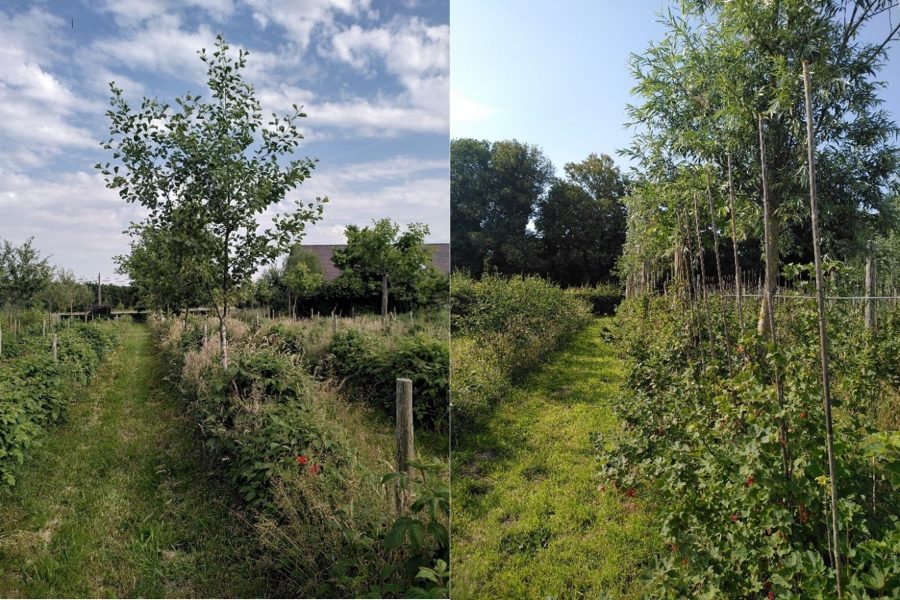
Download the roadmap for free via the link above. At www.AgroforestryVlaanderen.be you can also view photo reports of a tour in food forest De Woudezel and on the organic farm Het Polderveld. Here you can find all of the presentations of the FoodForward closing event (in Dutch).

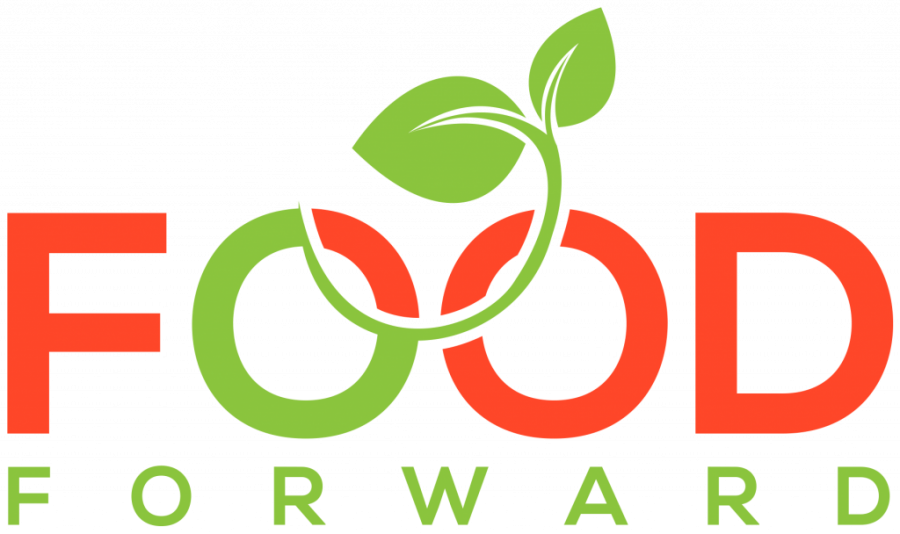
Want to work with the Plant and Soil Living Lab?
Contact us right away. We guarantee that all of your questions will be handled confidentially.
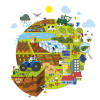 ILVO Plant & Soil Living Lab
ILVO Plant & Soil Living Lab